The doctor, podcast host and author of the bestseller “Outlive” says medicine needs to rethink longevity.


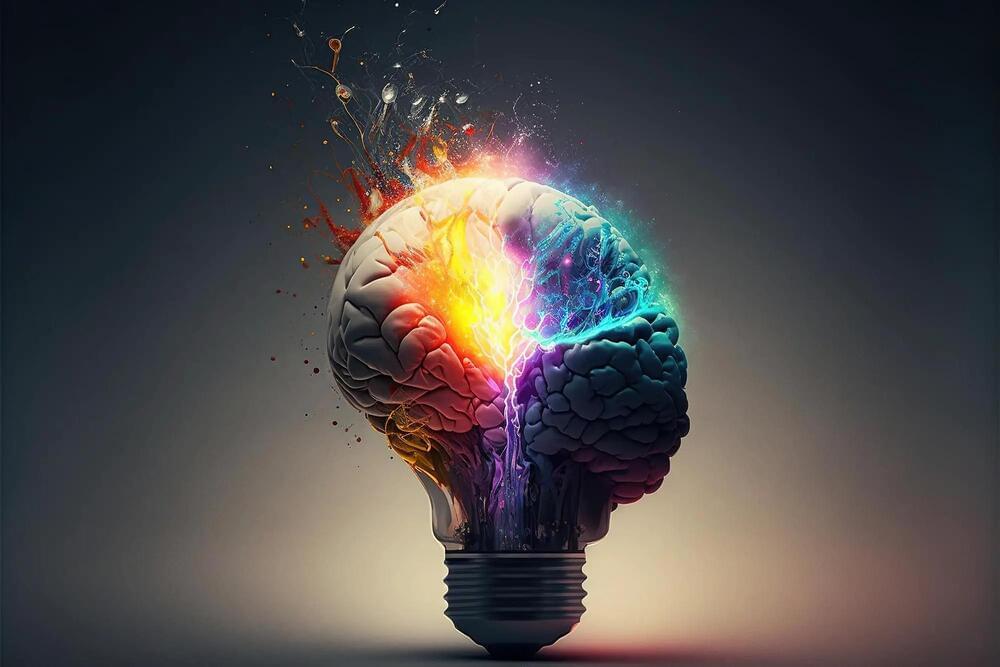
Adopting a curious mindset over a high-pressure one can enhance memory, according to recent research from Duke University. The study showed that participants who envisioned themselves as a thief planning a heist in a virtual art museum demonstrated better recall of the paintings they encountered than those who imagined executing the heist on the spot while playing the same computer game.
The slight variation in motivations — the urgent need to achieve immediate goals versus the curious exploration for future objectives — could have significant implications in real-life scenarios. These include incentivizing people to receive a vaccine, prompting action against climate change, and potentially providing new treatments for psychiatric conditions.
The findings were recently published in the Proceedings of the National Academy of Sciences.
Humans have a distinctive skeleton, and are the only bipedal great apes (the great ape species are bonobos, chimpanzees, gorillas, orangutans, and humans). While the evolution of the human skeleton enabled us to walk upright, it also led to the rise of musculoskeletal disease. It’s thought that cognitive development began to accelerate in humans once we started to move around, adapt to new environments, and make use of tools. Researchers have now used advanced computational tools and a trove of human genetic data in the UK Biobank to outline the genetic changes that occurred as primates started to walk upright for the first time.
These findings, which were reported in Science, have suggested that natural selection had a strong influence on the genetic changes that altered our anatomy, and gave early humans an evolutionary leg up.
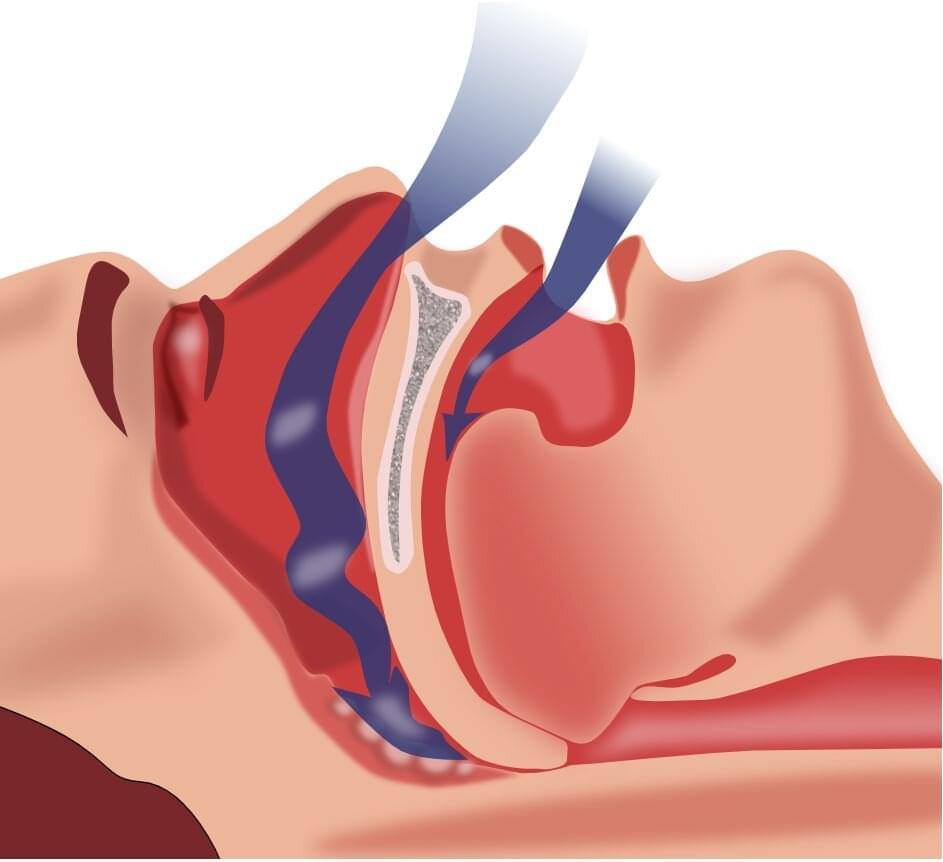
Researchers have found that people with obstructive sleep apnea have an increased cardiovascular risk due to reduced blood oxygen levels, largely explained by interrupted breathing. Obstructive sleep apnea has long been associated with increased risk of cardiovascular issues, including heart attack, stroke, and death, but the findings from this study, published in the American Journal of Respiratory and Critical Care Medicine, show the mechanism mostly responsible for the link.
“These findings will help better characterize high-risk versions of obstructive sleep apnea,” said Ali Azarbarzin, Ph.D., a study author and director of the Sleep Apnea Health Outcomes Research Group at Brigham and Women’s Hospital and Harvard Medical School, Boston. “We think that including a higher-risk version of obstructive sleep apnea in a randomized clinical trial would hopefully show that treating sleep apnea could help prevent future cardiovascular outcomes.”
Researchers reviewed data from more than 4,500 middle-aged and older adults who participated in the Osteoporotic Fractures in Men Study (MrOS) and the Multi-Ethnic Study of Atherosclerosis (MESA), and sought to identify features of obstructive sleep apnea that could explain why some people were more likely than others to develop cardiovascular disease or related death.
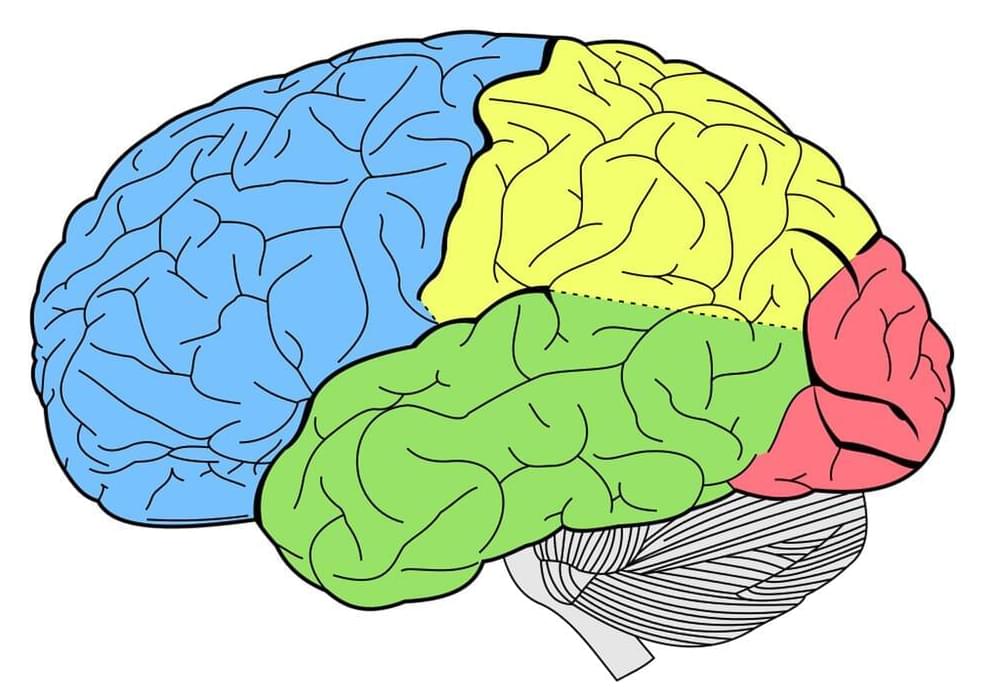
An international team led by investigators at McLean Hospital has analyzed the genes expressed in approximately 575,000 individual cells from the brains of people with and without post-traumatic stress and major depressive disorders (PTSD and MDD), revealing new insights into the mechanisms behind the brain’s stress response in these conditions.
The findings, which are published in The American Journal of Psychiatry, could lead to novel markers of PTSD and MDD and well as new therapeutic targets.
Because studies have implicated the dorsolateral prefrontal cortex (DLPFC) region of the brain in PTSD and MDD, the scientists compared the genes expressed in cells in DLPFC samples collected postmortem from 11 individuals with PTSD, 10 with MDD, and 11 without either of these conditions with a replication dataset half the size. The researchers detected which genes were expressed by which cells—including eight different types of cells—through a technique called single-cell RNA sequencing.
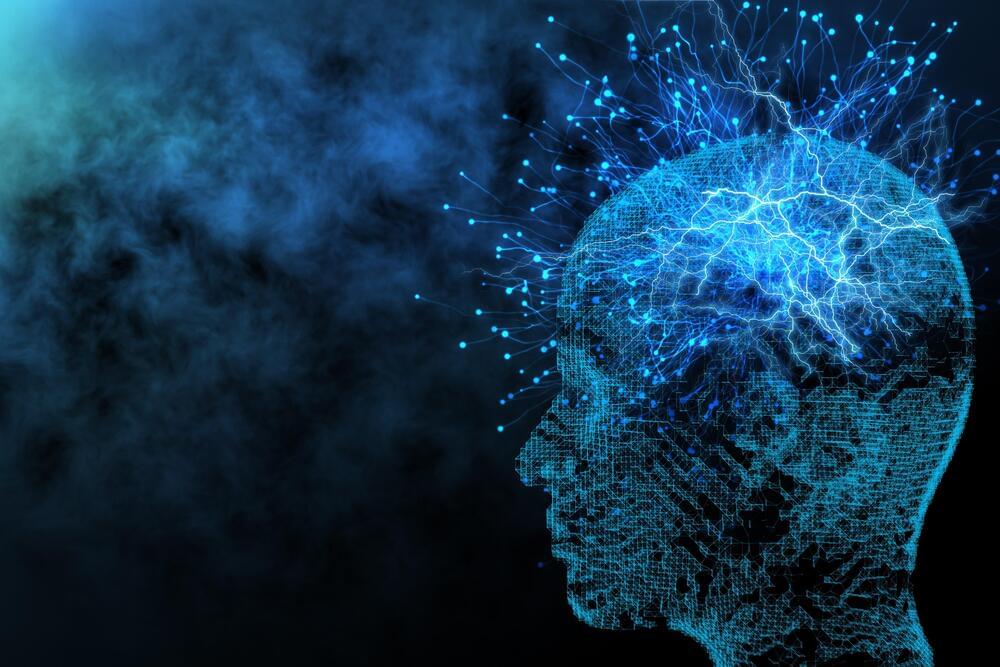
Scientists at the University of Colorado Anschutz Medical Campus have discovered what they believe to be the central mechanism behind cognitive decline associated with normal aging.
“The mechanism involves the mis-regulation of a brain protein known as CaMKII which is crucial for memory and learning,” said the study’s co-senior author Ulli Bayer, PhD, professor of pharmacology at the University of Colorado School of Medicine. “This study directly suggests specific pharmacological treatment strategies.”
The study was published today in the journal ‘Science Signaling.’
Luismmolina/iStock.
However, researchers from Denmark’s Herlev Hospital and UK-based Cardiff University, and the University of Warwick recently published a study that reveals a new superior T-cell which is better at detecting cancer growth and can attack multiple cancer targets.
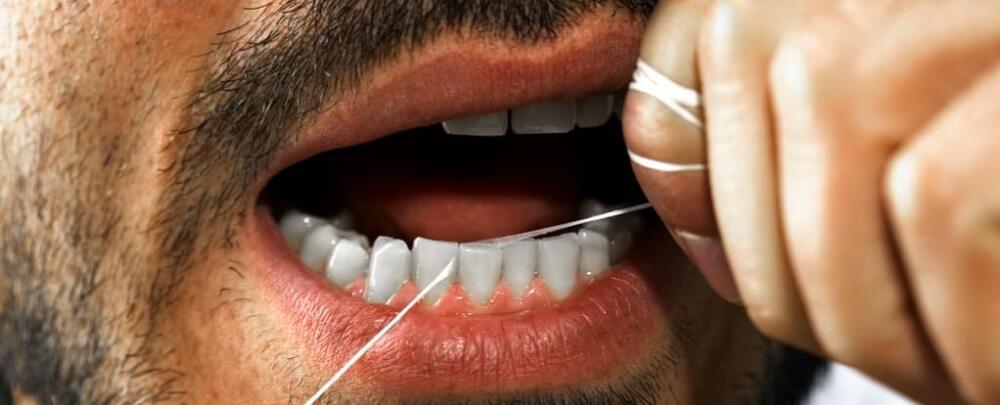
Crohn’s disease affects four million people worldwide. The condition causes debilitating symptoms such as chronic fatigue, diarrhoea, abdominal pain, weight loss and malnutrition.
Once symptoms develop, Crohn’s is a lifelong condition – and while there are ways to manage symptoms during flare-ups, there’s currently no cure.
The exact causes of Crohn’s disease are unknown and are probably due to a number of complex and overlapping factors – such as genetics, environmental cues (such as smoking) and an immune system that’s overactive in the gut.
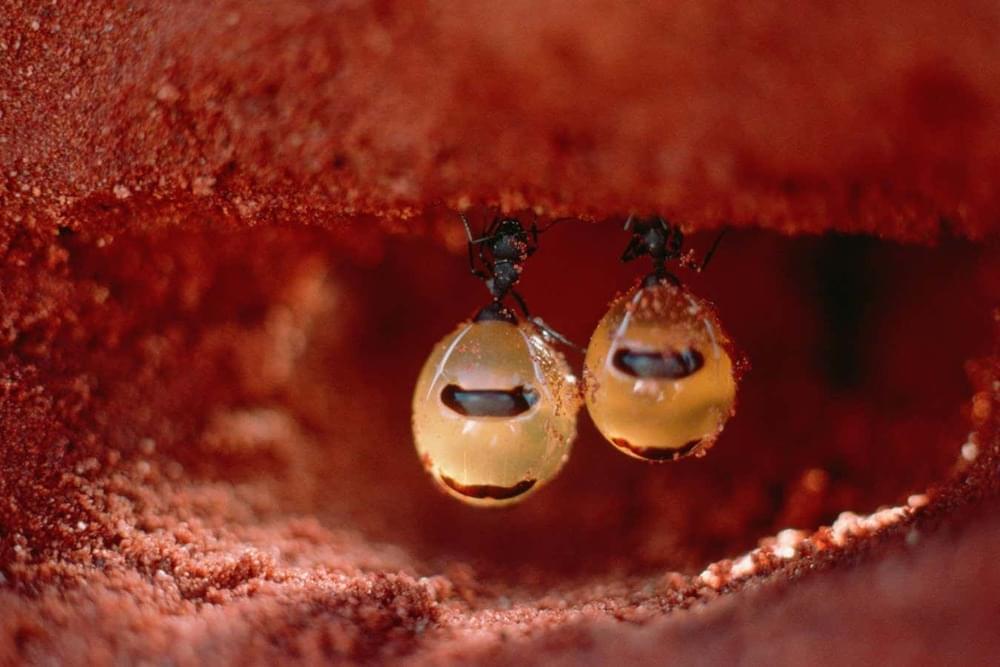
An ant species in Australia makes honey that killed some bacterial and fungal infections in the lab, raising hopes that its properties could be used in new drugs.
By Chen Ly
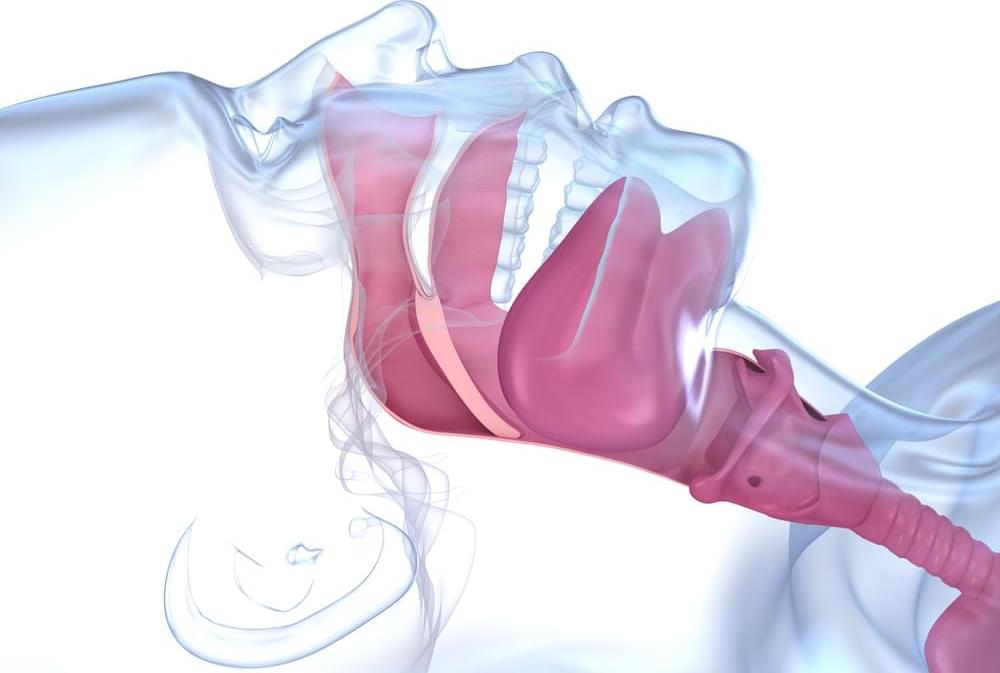
Reduction in blood oxygen levels, largely attributed to blocked airways, emerges as a leading factor.
Researchers have found that people with obstructive sleep apnea have an increased cardiovascular risk due to reduced blood oxygen levels, largely explained by interrupted breathing. Obstructive sleep apnea has long been associated with increased risk of cardiovascular issues, including heart attack, stroke, and death, but the findings from this study, partially supported by the National Institutes of Health and published in the American Journal of Respiratory and Critical Care Medicine, show the mechanism mostly responsible for the link.
“These findings will help better characterize high-risk versions of obstructive sleep apnea,” said Ali Azarbarzin, Ph.D., a study author and director of the Sleep Apnea Health Outcomes Research Group at Brigham and Women’s Hospital and Harvard Medical School, Boston. “We think that including a higher-risk version of obstructive sleep apnea in a randomized clinical trial would hopefully show that treating sleep apnea could help prevent future cardiovascular outcomes.”